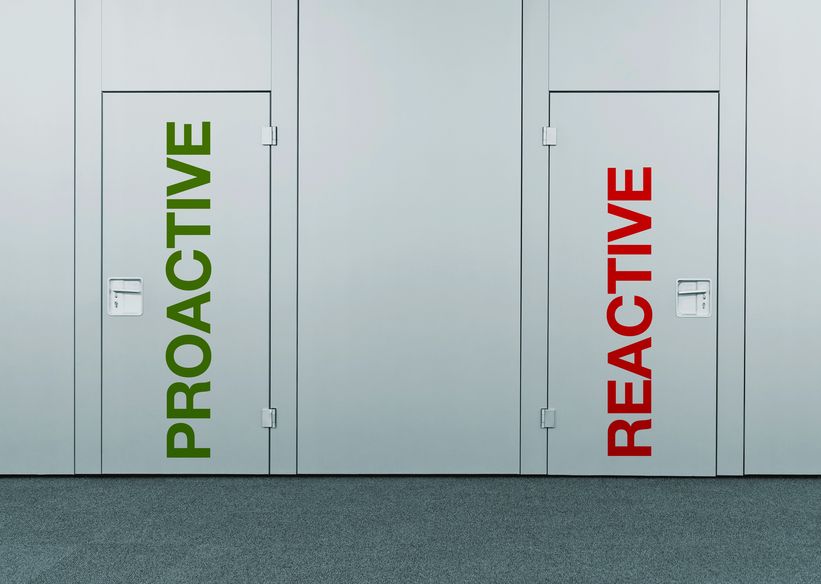
F9 Proactive Accountants
Over the past few months we have seen significant changes to taxation and accounting which could fundamentally impact your bottom line.
If you have not been informed of the raft of changes introduced, the chances are you will be paying more tax through your company and indeed personally in the coming years.
See the list below to discover the five most significant legislative changes to affect small Limited companies in a decade:
- Employers Allowance
This £3000 exemption is available to Limited companies, reducing employers National Insurance contributions. In April the requirements for claiming this relief changed significantly, removing access for single director, employee companies.
There are planning opportunities which can ensure you still qualify for the allowance, if you have not been informed of this or implemented steps to mitigate, you could be paying up to £3000 more NIC this year.
- Dividend Taxation
Probably the most significant change to Income Taxation in the past decade. Dividends are now taxed in a totally different way, creating tax liabilities for even those in the basic rate band.
Planning is essential here, although tax will be paid in the basic rate band, the new £5000 allowance is available to all tax payers and could allow an additional rate taxpayer to extract profit, saving up to £2,250 in tax.
- Entrepreneurs Relief
The cornerstone of tax planning strategies for many seasoned contractors, offering a 10% tax rate on cessation of trade, ER was amended in April by the introduction of new legislation, preventing those who claim this generous relief having any involvement in the same industry for a set period of time.
The key thing to note is that the relief is still available, and there are still opportunities to get access to this relief, however planning and correct implementation is essential in securing results.
- Auto Enrolment
The biggest single change to the pension industry in decades, places the burden of saving for people’s retirement on the employer and employee.
Automatic enrolment makes it compulsory for employers to automatically enrol their eligible workers into a pension scheme. The employer must also make contributions into the scheme.
The compliance obligations for Limited companies under AE are huge, if you are operating a PAYE scheme then you need to act now.
Fines for small employers, up to 4 staff, are £50 per day, for companies with 5 or more employer’s fines increases to a staggering £500 per day!
- Intermediaries Legislation
Tackling disguised employment is high on the governments agenda, IR35 enquires are on the increase and a recent win for HMRC under the Managed Service Company legislation has added more options to tackle what they deem to be tax evasion.
With the introduction of the intermediaries reporting requirements, which force recruitment agencies to provide details on a quarterly basis of all limited companies not operating PAYE on payments received from an engagement, it is essential contracts and working practices are reviewed and the correct documentation maintained.
Getting it wrong on just one contract could be devastating as within this legislation there is the power to transfer debt to company participators.
Summary
Operating a business through a limited company is no longer a straight forward affair, you should be aware of the changes that have been introduced and those that are under proposal and then have a plan to ensure you are always operating in compliance with the law and tax efficiently.
F9 are proactive accounts with offices in Canary Wharf, Chartered Accountants providing face to face tax advice and bespoke solutions tailored to your situation.
Contact us today to arrange a free consultation.
London and Essex accountants

















